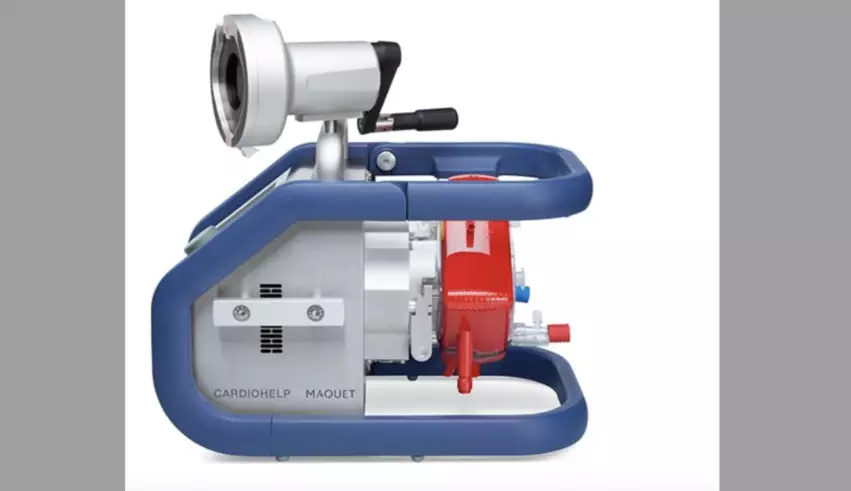FDA announces recall of Cardiohelp ECMO emergency drives due to serious risks
The U.S. Food and Drug Administration (FDA) has announced that Getinge is recalling the emergency drive component of certain Cardiohelp extracorporeal membrane oxygenation (ECMO) systems. The agency considers it a Class I recall, meaning using these devices “may cause serious injuries or death.”
The Cardiohelp system helps oxygenate and remove carbon dioxide from a patient’s blood for up to six hours. It can also provide support to the heart and lungs during certain medical procedures. Its compact, portable design means Cardiohelp is often used for on-the-go treatment of patients who require respiratory and/or circulatory support.
This recall was put in place due to potential issues with the emergency drive’s handle that make it more difficult to turn. In some cases, the drive is becoming completely stuck.
“If the emergency drive is needed, a clinician may not be able to turn the handle to drive the pump or may not be able to turn the handle as fast as is needed to adequately support the patient,” according to the FDA’s advisory. “If this occurs, the patient will lose adequate hemodynamic support or gas exchange; the results of which could include ischemia, hypoxia, stroke or death.”
No patient injuries or deaths have been reported at this time.
The recall includes devices manufactured from August 2022 to June 2023 and distributed from September 2022 to July 2023. A full list of model numbers impacted by this announcement is included in the FDA advisory.
Getinge sent an Urgent Medical Device Removal Notice to all customers in October. The company requested that all customers impacted by this recall examine their inventory. If a device included in this recall is being used, providers are asked to ensure backup systems are available. Loaner replacement emergency drives can also be acquired by contacting Getinge directly.


